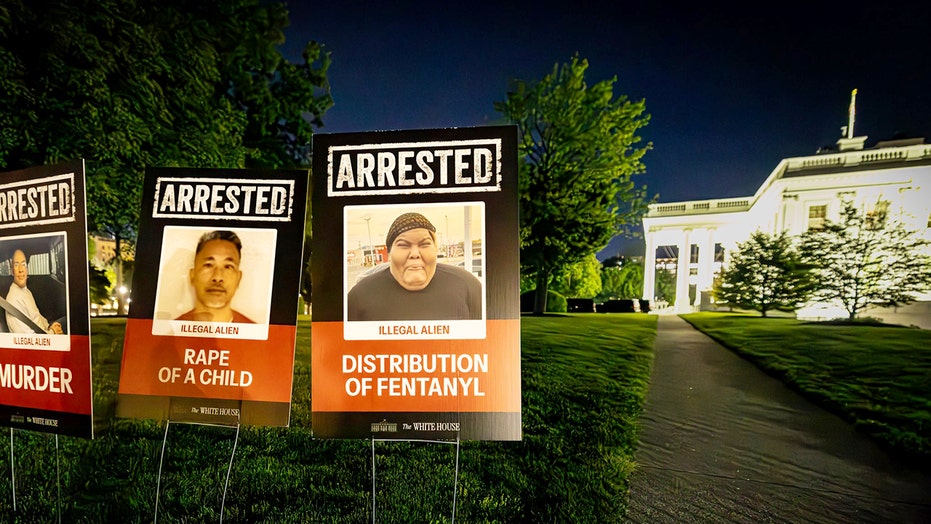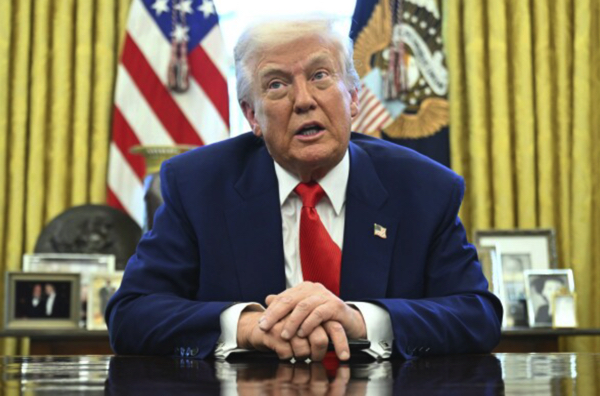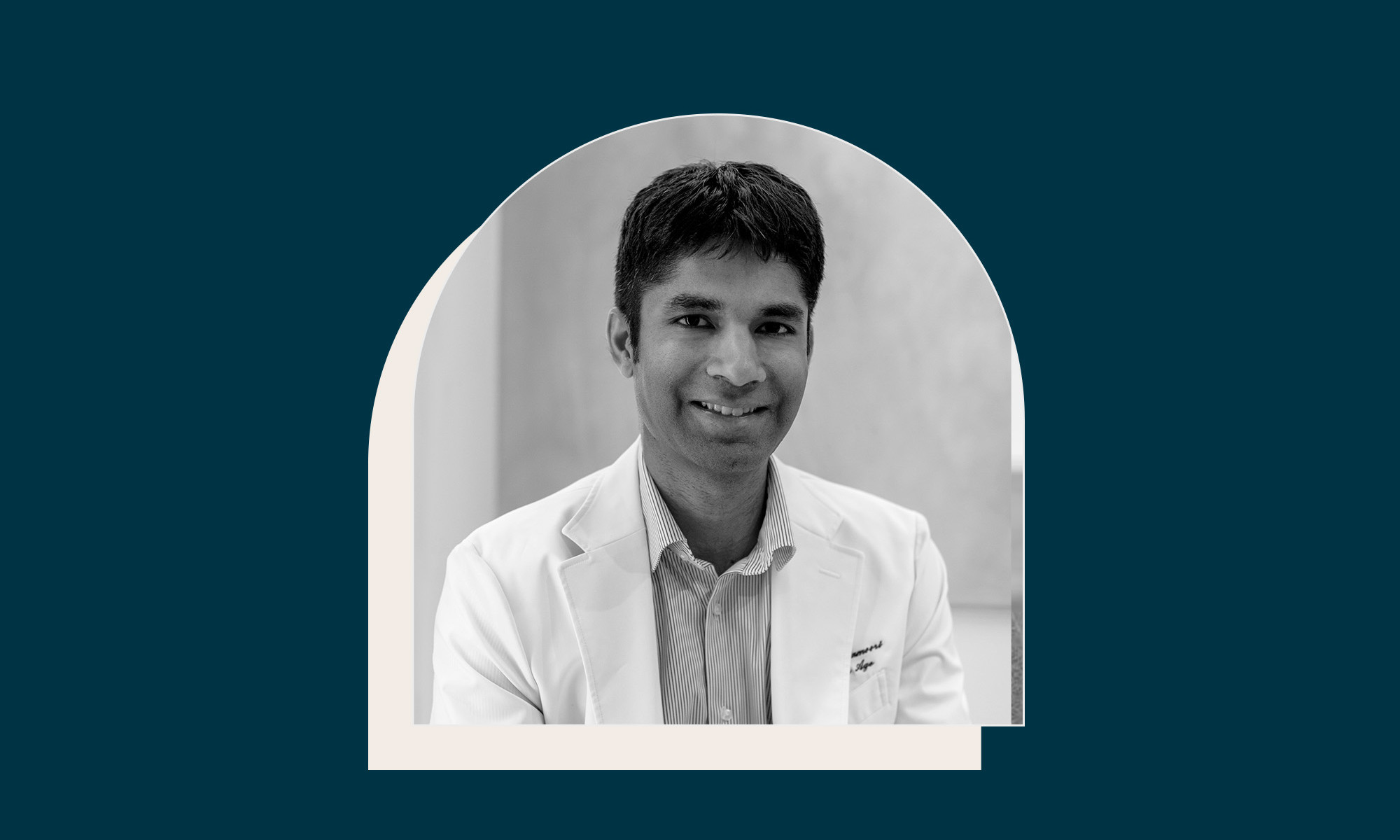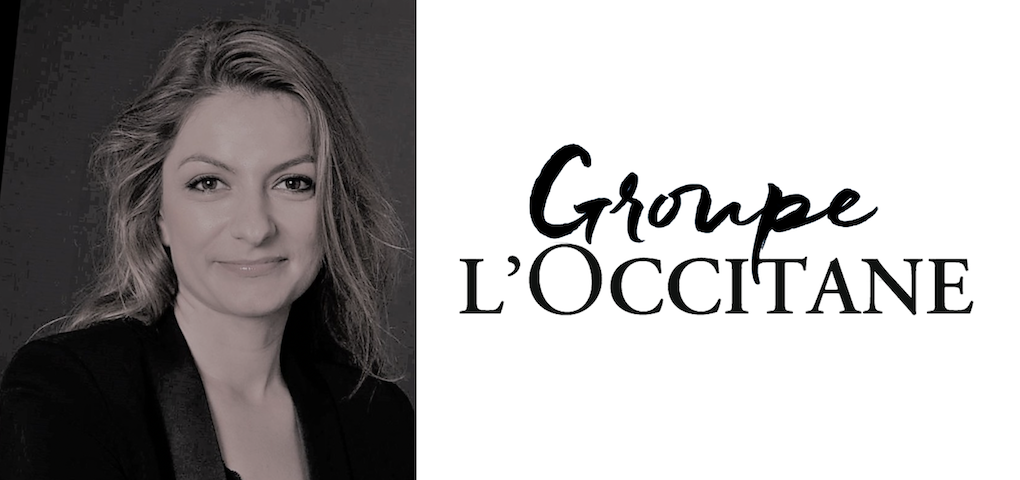How universities should respond to Trump’s assault on academic freedom
We must protect our institutions, to be sure, but we also must reform them.

Facing federal funding suspensions and investigations, elite universities have arrived at a moment of crisis.
Many have — rightly, in our opinion — pledged never to compromise on core principles of academic freedom, and vowed to resist the federal government’s heavy-handed tactics. Most have refused, however, to fully acknowledge how their own delinquencies have precipitated their current predicament: their failure to maintain viewpoint diversity in any meaningful sense among faculty and students; failure to dismantle entrenched campus cultures of self-censorship and intellectual conformism; failure to sustain robust climates of intellectual freedom; and failure to act against anti-Semitic and other forms of harassment. These failings undermine the most basic mission of universities — namely, the pursuit of truth.
Private universities, despite receiving substantial governmental funding, are right to protect their autonomy against government overreach. Although the terms of federal grants must be strictly respected, and compliance with duly enacted laws and regulations are legally well-established conditions for eligibility for tax-exempt status and government financial support, it is improper for government to punish universities — by, for example, suspending scientific research grants — for honoring the free speech and academic freedom rights of their faculty members and students.
This is by no means to say the government may not investigate compliance failures or misconduct in or by universities. But government itself must, as a matter of law, comply with federal regulations in conducting investigations and deciding whether a grant should be suspended. Legally stipulated procedural guarantees must be honored, and universities must have the right to defend themselves against allegations of non-compliance with grant conditions or violations of law.
Those are some of the obligations of government. Now, what about the obligations of universities? In their rush to defend themselves, elite universities have sometimes failed to acknowledge their own duties, and their shortcomings in living up to them.
Rather than ignore or deny well-founded criticisms of their institutions, academic leaders should view the current moment as an opportunity for an authentic institutional examination of conscience. Universities — let’s be honest — have lost the trust of the American people. And that is the universities’ fault, not the fault of the people.
University units, and in some cases entire institutions, have become politicized and ideologically partisan. Viewpoint diversity, particularly among faculty members but in some institutions among students, too, has essentially collapsed. A 2023 survey revealed that nearly 80 percent of Harvard faculty identify themselves as liberal or very liberal, while less than 3 percent identify as conservative — all while prominent leaders at Harvard have called for content-based restrictions on faculty members’ freedom of expression rights. More broadly, classrooms are too often centers of indoctrination, not forums for learning by the examination of the best evidence and arguments on competing sides of contested questions.
To authentically reclaim their missions, universities must do more than stand up to hardball tactics from Washington. They must take steps that will enhance the quality of education they offer, work to restore public trust in their purpose and the goods that they offer, and de-escalate the circumstances that sparked the present feud with the federal government.
To begin, universities must make the maintenance of viewpoint diversity and the robust clash of ideas and arguments on campus a top priority.
The way to do this is not through “affirmative action” or preferences of any kind to conservatives, as some propose. Viewpoint diversity can be increased simply by ending discrimination in hiring and promotion against scholars who dissent from ideas that have hardened into orthodoxies on so many campuses. This means, among other things, getting rid of such practices as mandatory “statements” on job or promotion applications, which screen out dissenters by implicitly demanding a pledge of ideological fealty as a condition of employment or advancement.
In addition, elite universities in particular need to admit their past hypocrisy and failures on free-speech matters (as the presidents of Harvard, the University of Pennsylvania and the Massachusetts Institute of Technology tragically failed to do in a widely publicized December 2023 congressional hearing) and adopt strictly enforced free-speech and institutional-neutrality policies to ensure that non-sectarian universities function as impartial forums for the robust examination of ideas, and not as partisan participants in political debates.
This can and must be done while honoring the right of peaceful protest and protecting all members of the academic community from discrimination, harassment, intimidation, vandalism and violence. Universities should not be, or offer to their students, “safe spaces.” Universities should be “Socratic spaces” in which students, irrespective of background and viewpoint, are challenged rather than insulated from hearing perspectives or arguments they may find unsettling.
Universities should resist threats to academic freedom, whether they come from outside or inside their walls. They should guard their autonomy. But they must at the same time acknowledge and move to correct the faults and failings that made them vulnerable to the governmental intrusions we are now witnessing, and which left them without something they crucially need in the face of the government’s assault: public support.
For those of us in universities, and especially for our leaders, it is true that this is a time for resolve, but it is also a time for humility. Both are required if we are to be faithful to our scholarly and pedagogical missions. We must protect our institutions, to be sure, but we also must reform them.
Robert P. George of Princeton University and Cornel West of Union Theological Seminary are co-authors of “Truth Matters: A Dialogue on Fruitful Disagreement in an Age of Division” (Post Hill Press).




















_NicoElNino_Alamy.jpg?width=1280&auto=webp&quality=80&disable=upscale#)





















































